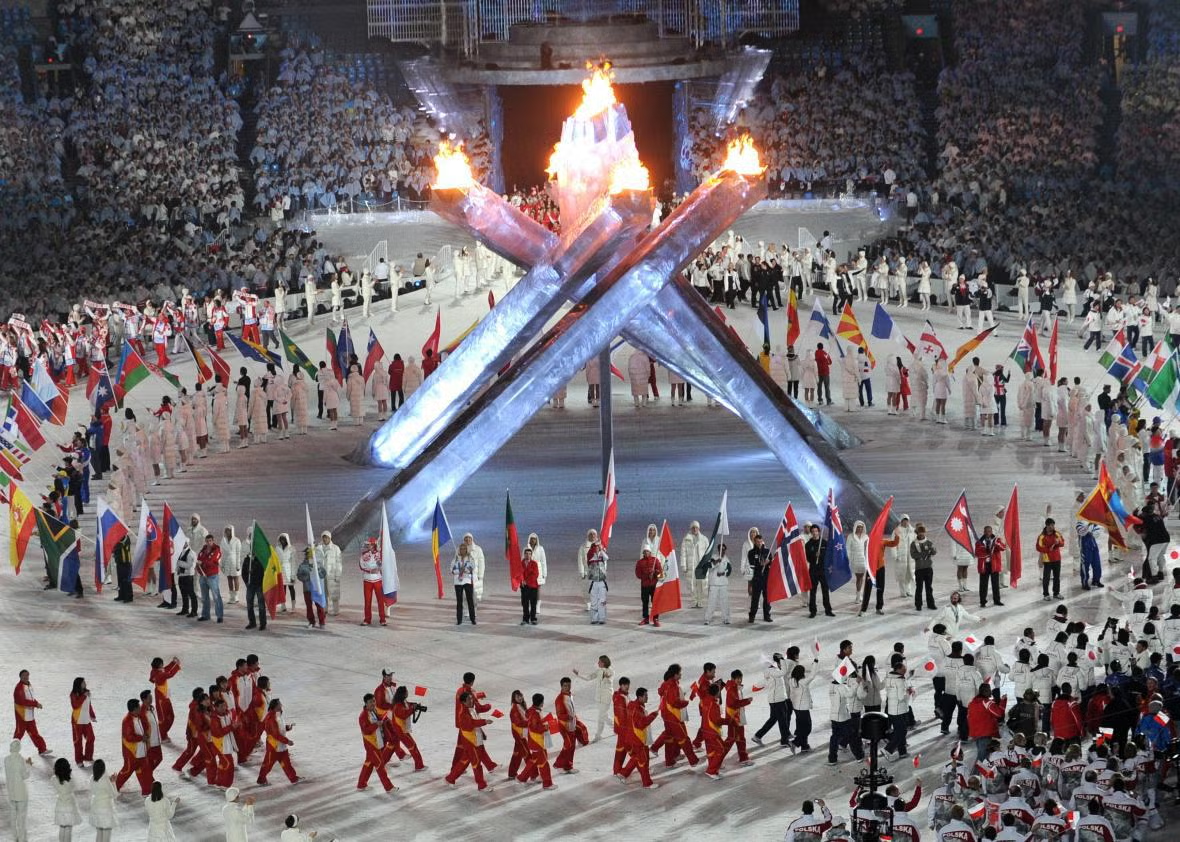providencemarianwood.org – The Olympic Games, a celebrated international event that brings together athletes from around the world to compete in various sports, is often seen as a symbol of unity and peace. However, beneath the surface of athletic competition lies a complex web of nationalism and diplomacy that has, over the years, turned the Games into a political battleground. This article delves into the intricate relationship between the Olympics, national pride, and international relations, exploring how the Games have been used as a platform for political statements and how they reflect the geopolitical landscape of the times.
The Birth of Olympic Nationalism
The modern Olympic Games, founded by Pierre de Coubertin in 1896, were envisioned as a way to promote international understanding through sport. However, it wasn’t long before nations began to see the Games as an opportunity to showcase their strength and superiority. Athletes became national heroes, and winning medals was equated with national pride. The interwar period, in particular, saw a rise in nationalistic fervor, with countries like Nazi Germany and Fascist Italy using the Olympics to glorify their regimes.
The Olympics as a Diplomatic Arena
The Olympics have also been a stage for diplomatic maneuvers and boycotts, reflecting the tensions and alliances of the Cold War and beyond. The 1980 Moscow Olympics and the 1984 Los Angeles Games were marred by boycotts led by the United States and the Soviet Union, respectively, turning the sporting event into a proxy battlefield for superpower rivalry. Similarly, South Africa’s apartheid policies led to its exclusion from the Games for several decades, highlighting the Olympics’ role in promoting human rights and social justice.
Political Statements and Protests
Athletes themselves have used the Olympics to make political statements, often at great personal cost. The Black Power salute by Tommie Smith and John Carlos at the 1968 Mexico City Games is a poignant example of athletes using their platform to protest racial injustice. While such actions have sparked controversy and debate, they underscore the interconnectedness of sports and politics, and the potential of the Olympics to inspire change.
The Geopolitical Landscape and the Olympics
The selection of host cities for the Olympics is a political process that reflects the shifting balance of power on the global stage. Countries vie for the honor of hosting the Games as a way to boost their international profile and demonstrate their economic and organizational prowess. However, the bidding process and the hosting of the Games have also raised concerns about corruption, human rights abuses, and the environmental impact of the massive infrastructure projects required.
Conclusion
The Olympics, while primarily a celebration of athletic achievement, are deeply intertwined with nationalism and diplomacy. They offer a unique lens through which to view the complexities of international relations and the ways in which sports can both unite and divide. As the world continues to change, the Olympics will undoubtedly remain a significant arena for political expression and a mirror reflecting the geopolitical landscape of the times.
